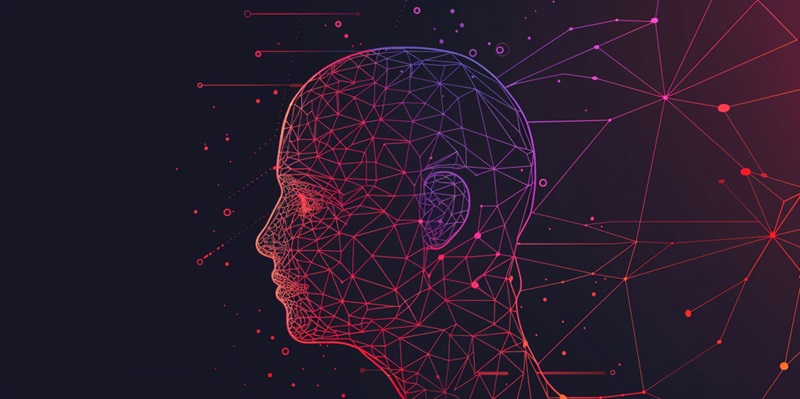OpenAI’s latest move to drop the account requirement for ChatGPT is a key step toward making AI more widely available. Initially offered in certain areas, this approach aims to inspire creativity and advancement without borders. By doing so, OpenAI hopes to nurture growth in various fields, connecting with a broader spectrum of users. However, there’s a distinct difference in the user experience for those without accounts. Such users can’t save or share their chats, nor can they enjoy a tailored dialogue, as there’s no account to remember their preferences or history. In essence, this decision by OpenAI reflects a balance between widening access to AI technologies and maintaining a seamless user experience. This signifies the importance of inclusion in tech but also highlights the complexities of providing a universally optimal service.
Experience and Limitations
OpenAI has recently eased access to its AI services by removing certain account requirements. However, to maintain a safe and respectful environment, it has imposed more stringent content policies for new users without accounts. Details of these restrictions haven’t been fully revealed, but their goal is clear: to prevent the creation of improper material. This illustrates OpenAI’s steadfast dedication to the ethical use of AI technology.
Still, this brings about a notable challenge. The limitations can restrict the platform’s capabilities for non-registered users compared to what registered users enjoy, suggesting a delicate equilibrium that OpenAI is striving to achieve. The company is tasked with finding the right balance between providing open access to its technology while exercising necessary control to ensure safe usage. As OpenAI continues to evolve, it will likely keep refining this balance to serve both innovation and responsible AI practice effectively.
Privacy and Content Policies
At the heart of OpenAI’s growth is a strong emphasis on safeguarding user privacy. The company acknowledges that user experiences with ChatGPT are crucial for enhancing the AI’s capabilities. To respect privacy concerns, they’ve implemented an opt-out function for users keen on keeping their interactions private. This move underscores the importance OpenAI places on giving users autonomy over their data, which is vital for fostering trust among a broader user base. However, it’s worth noting that the privacy options for unidentified users differ from those for logged-in users. This discrepancy poses a noteworthy challenge for OpenAI as it strives to provide consistent data protection to all users, irrespective of their registration status. Balancing this dichotomy between anonymity and personalization remains a key focus area for OpenAI to ensure that every individual’s privacy is equally respected and shielded.
Enhanced Content Policies
OpenAI’s recent move to allow ChatGPT access without an account marks a significant step toward AI inclusivity. Yet, this change brings stricter content policies for non-account users to prevent misuse. While the specifics of these policies are not public, their role in ensuring the responsible use of AI is clear. This opacity might leave users unsure about what they can do with ChatGPT, emphasizing the need for OpenAI to balance accessibility with transparency.
The company’s efforts expand AI’s reach but also invite questions about user experiences and the ethical dimensions of AI interactions. It’s vital that OpenAI communicates the new rules clearly to maintain trust. As these policies are put to the test, ongoing user feedback will determine the success of this initiative. With careful handling, OpenAI’s approach could model how to responsibly democratize advanced technologies.

